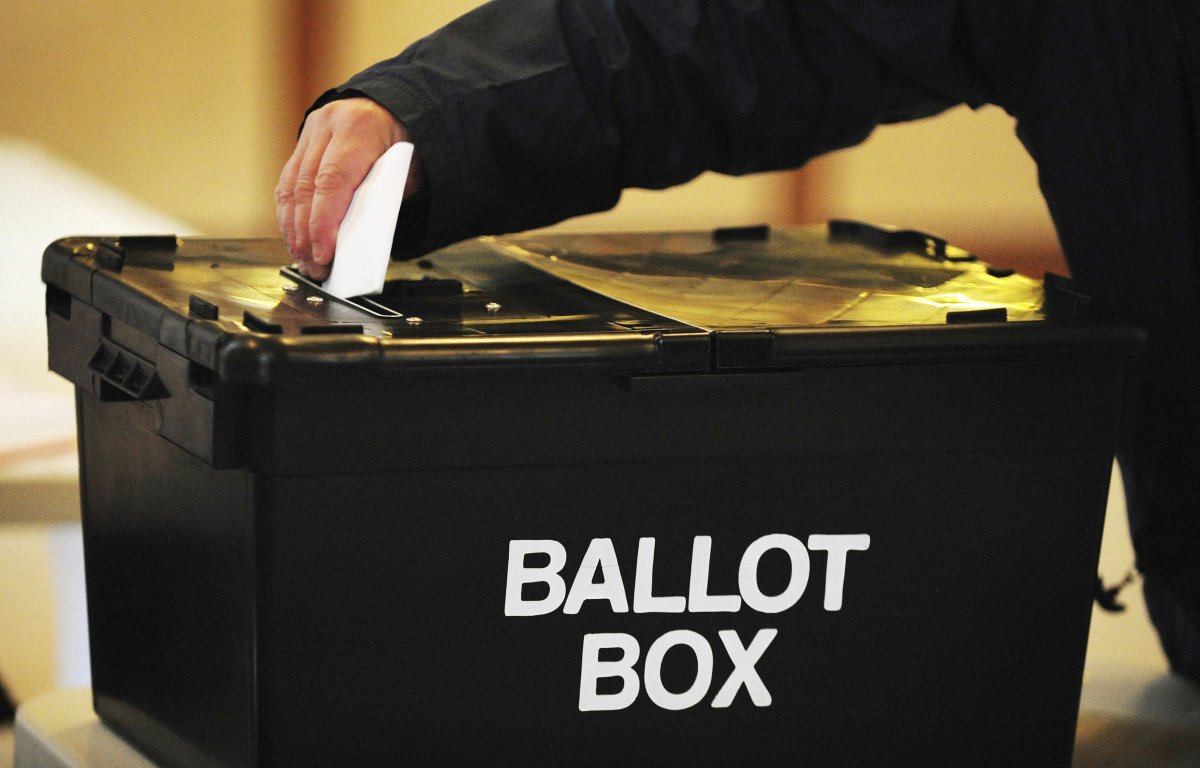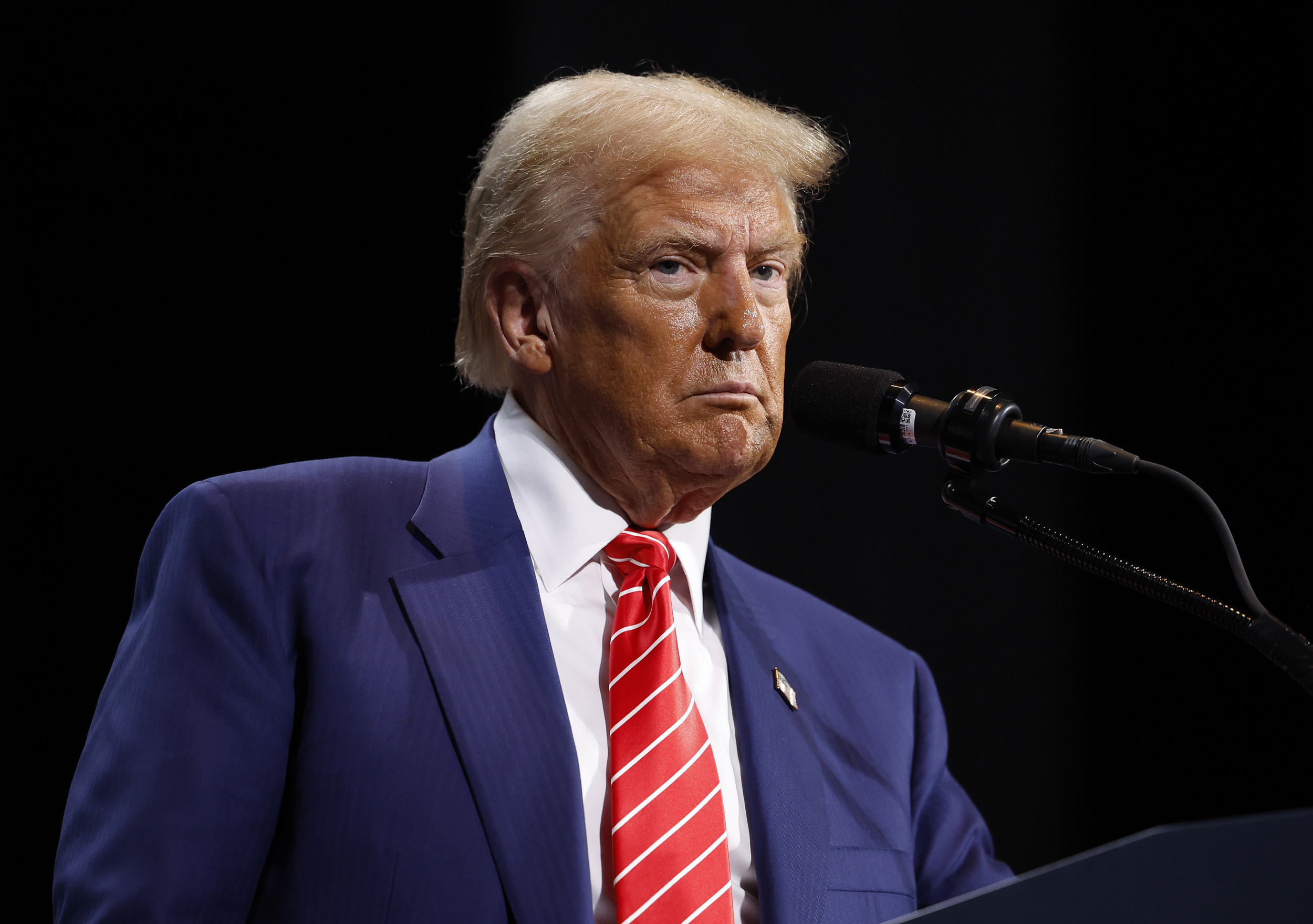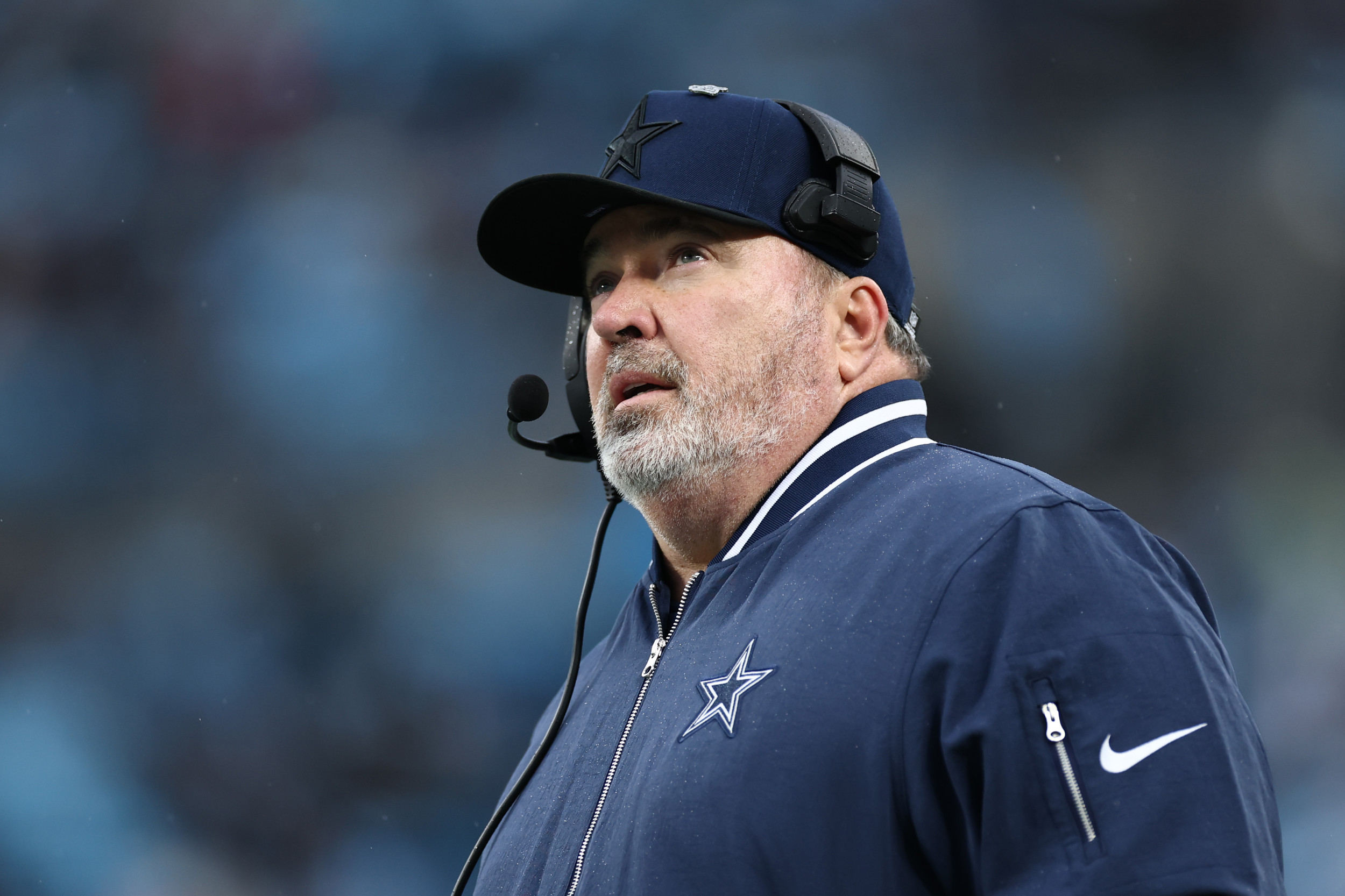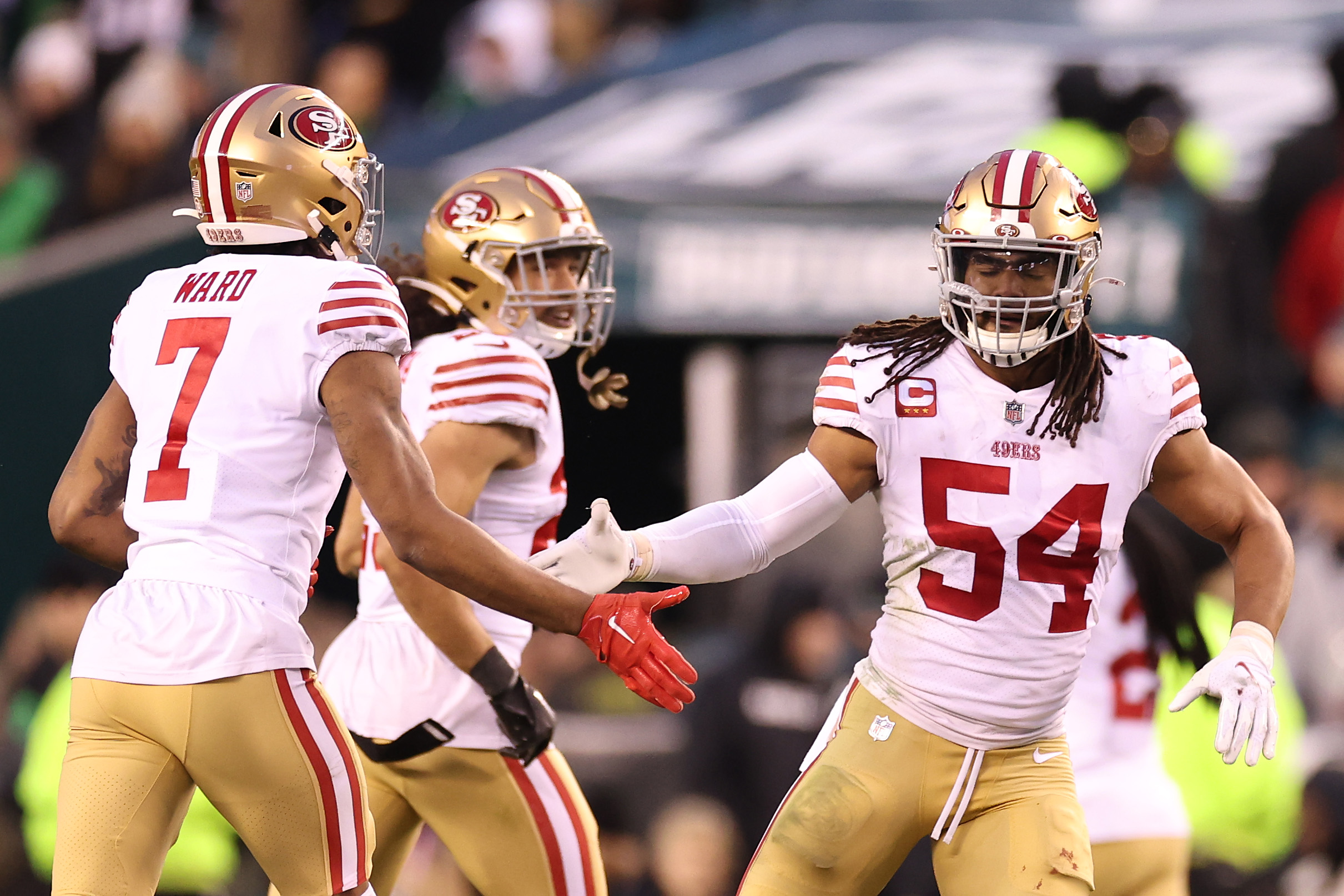Over 20 million people have already cast their ballots since early voting began nationwide ahead of next month's election.
According to the University of Florida Election Lab's early voter tracker, 21,225,334 people have cast an early vote so far, with more than 7.8 million people voting in person, while 13.3 million people have returned an mail-in ballot. More than 62.6 million mail-in ballot's have been requested, according to the tracker.
Early voting is available in some form across 48 of the 50 states. As of 2024, Alabama and Mississippi were the only states without universal early voting, where constituents need an approved reason to cast an absentee ballot.
Last week, officials said the record for early voting turnout was being broken in swing states such as Georgia and North Carolina, with around 328,000 people having already cast their ballots in the Peach State, more than double the previous record of 136,000, which was set in 2020—when President Joe Biden became the first Democrat to carry the state since 1992.
In North Carolina, more than 353,000 ballots were cast on the first day of early voting in a new record for the state.
Given that Democrats, more so than Republicans, typically vote earlier and by mail, early voting could see the Democratic Party make gains, particularly in the swing states. The University of Florida's tracker shows that more Democrats have voted early so far than GOP supporters, with over 4.7 million registered Democrats having cast their ballot, compared to 3.7 million Republicans.
However, not all states report party registration data and early data has shown that the number of Republicans voting early this year is surging, particularly in the swing states, after former President Donald Trump encouraged his supporters to vote before Election Day.

"I am telling everyone to vote early," Trump said on a podcast last week hosted byn former Fox News host Dan Bongino.
And Republicans seem to be responding. In Nevada, where Democrats have traditionally relied on a strong early vote to offset Republican Election Day advantages, data from The Associated Press shows that as of Tuesday, approximately 6,000 more GOP supporters than Democrats had already cast their ballots.
In Arizona, where over 660,000 people have already voted, 42 percent of those voters were registered Republicans, while 36 percent were Democrats, according to the AP. Meanwhile, in North Carolina, the difference between the percentage of Democrats and Republicans voting was small, with 35 percent of the 940,000 early voters being for the former, compared to the 33 percent who were Republicans.
Michigan and Georgia do not collect data on party registration, while in Pennsylvania, 66 percent of the over 1 million early voters were Democrats, and only 28 percent were Republicans.
Although the Republicans are seeing a surge in early voting, it is unclear what this means for the election. The early vote data only reveals whether voters are registered with a party, not who they are voting for, and the early electorate can change from day to day as more people vote early.
Additionally, voter registration data reveals that most early voters are over 65. According to the University of Florida tracker, 48 percent of early voters across states that collect age data are over 65 year olds, who are traditionally more likely to be Republican supporters. Meanwhile, younger generations, who are more likely to vote Democrat, may influence outcomes closer to Election Day.
Polls show that Trump is currently ahead by 0.4 points in Pennsylvania, a state that Harris had been leading, while he is in front by bigger margins in Arizona, North Carolina and Georgia. Meanwhile, Harris leads by between 0.1 and 0.4 points in Michigan, Wisconsin and Nevada, according to aggregator FiveThirtyEight.
RealClearPolitics' forecast currently shows that with no toss up states, Trump is predicted to win in every battleground state, giving him 312 Electoral College votes to Harris' 227.
The vice president needs 44 electoral votes from toss-up states to secure victory, while Trump requires 51. If the Republican won Pennsylvania, Arizona, North Carolina and Georgia, he would win the election.
"The race has gone from almost a toss-up to definitely a toss-up," Jon Parker, senior lecturer in American studies at Keele University in the U.K., told Newsweek last week. However, he added that this "does not suggest that either campaign is winning or losing."
Newsweek has contacted the Trump and Harris campaigns for comment via email.


















:quality(85):upscale()/2024/04/24/878/n/3019466/36c5693c662965c5d1ce91.72473705_.jpg)

 English (US) ·
English (US) ·